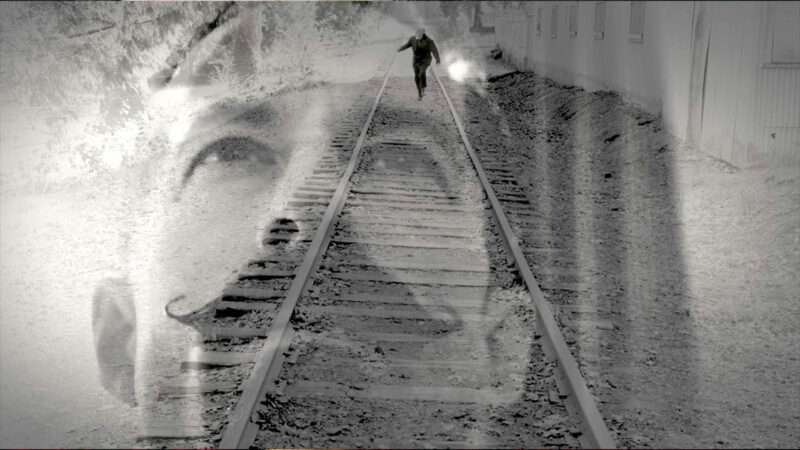
For half a dozen years now, many pundits and politicians have been transfixed by the idea that Moscow is manipulating our national psyche. Antero Alli's movie Tracer, now streaming on YouTube and available on DVD from Original Falcon Press, offers a more literal spin on that idea: In this science-fiction scenario, a designer drug allows Russian agents to actually enter users' dreams. But these dream-hacking conspiracies aren't aimed at altering American politics—the Russian mafia has gotten its hands on the technology, and it has its own targets to pursue.
Alli has been making low-budget independent pictures like this for about three decades, and before that he attracted a cult following for his experimental stage plays and his New Age–adjacent books on such topics as Timothy Leary's eight-circuit model of the human mind. (Indeed, Leary's theory is a plot point in Tracer.) At their best, his movies achieve a psychedelic naturalism: stories where ordinary human struggles confront intrusions from a more occult dimension. In this case, the naturalistic parts involve the dynamics of a fractured Oregon family and the intruder is a clairvoyant mobster.
The movie has a political side, but it's character-driven, not agenda-driven. The protagonist's ex-girlfriend is a possibly schizophrenic, possibly psychic feminist. And his dad is a Trump-voting acidhead—not because Russians have hacked the old sailor's mind, but because, well, if you hang around the Oregon coast awhile, you just might meet a guy like that.
The post Review: Antero Alli's Low-Budget Psychedelic Naturalism appeared first on Reason.com.







